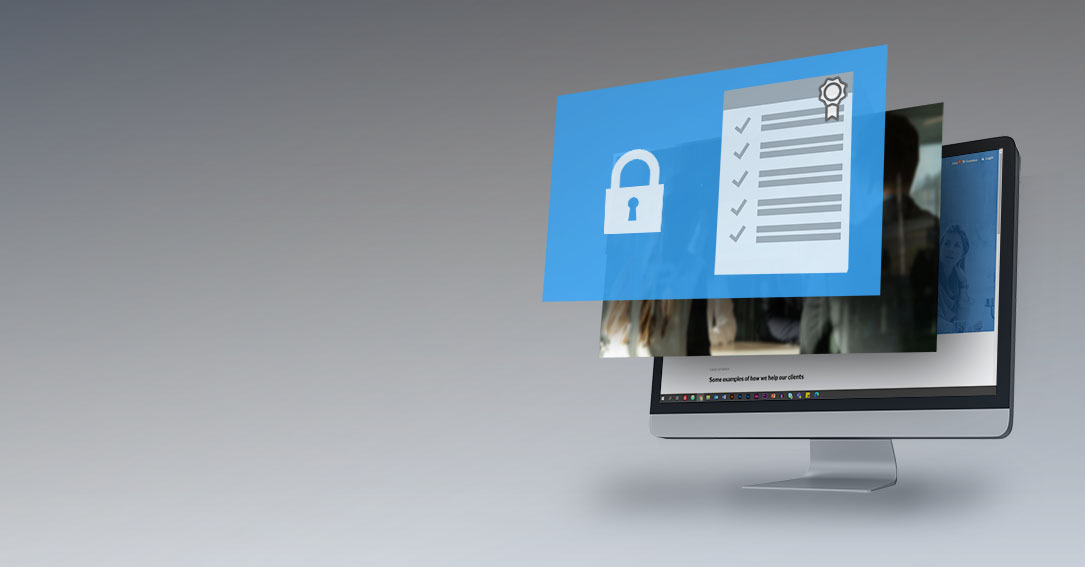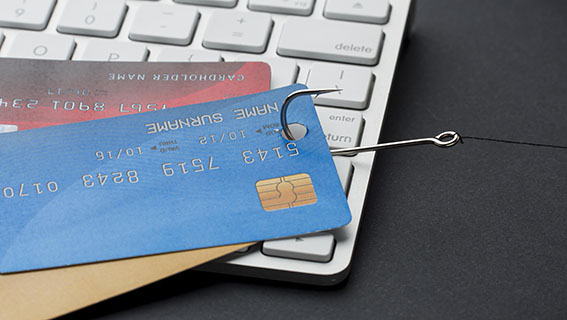Trend research: 6 most important trends for technical certificates in 2021
- Websecurity

Today TLS and SSL certificates are the standard solution for keeping website traffic secure. They are part of a fundamental and easily implemented area of technology, where constant development is taking place. Here is an overview of the latest trends for protecting and strengthening your brand.
An TLS / SSL certificate ensures the security of your website and uses encryption algorithms to protect the data in transit. By and large, it is considered an essential standard for websites. SSL stands for Secure Socket Layer and TLS (Transport Layer Security) is the updated and most secure version of SSL, or rather the method replacing SSL for encrypting traffic.
– Visitors must feel safe when they visit your website, says Jonathan Borg, Technical Solutions Specialist at Abion.
Absolutely business critical
Due to human error, websites may be left without SSL protection. Usually, it’s simply because someone forgot to renew the certificates.
In August 2020, a well-known music streaming service was shut down for just over an hour – the company’s website and app stopped working due to a failure to renew the SSL certificates. This seemingly small mistake resulted in a trade mark fiasco that got worldwide media attention.
The latest trends
In 2021, the development of SSL certificates will continue, contributing to increased security for your brand. Here are some of the trends that we at Abion have identified:
- Automation
- Consolidation
- Free Certificates
- VMC - Verified Mark Certificate
- Google Rankings, Safari and Chrome
- Document Signing Certificates
- Summary
1. Automation
We are seeing a growing trend of SSL certificate renewal automation, in order to avoid human error. When a company or organization fails to renew certificates, it is usually due to the human factor. Through automation, risks of such failures are mitigated. Given the importance of brand protection with SSL certificates, it is reasonable to assume that the trend of automated solutions will gain widespread traction in the coming year.
2. Consolidation
Many organizations are consolidating their SSL certificates from many providers down to a single provider, in order to gain better control. A common problem is when numerous executives, individually, order SSL certificates from various providers. This risks leading to a lack of overview and certificates expiring and failing to be renewed. By having a well-thought-out strategy for administration of certificates, such problems are easily avoided.
3. Free Certificates
Let’s Encrypt is a non-profit certificate authority that provides SSL certificates free of charge. We are seeing an increase in the use of free certificates for additional domains (for example .nu domains) that are redirected to a main site. On the main site itself, however, you should always install "real" certificates. For any important site, with a login function for example, it is not recommended to use a free certificate. Furthermore, free certificates are only valid for three months, which make them arduous to administer.
When fake phishing sites use SSL certificates, which they mostly do, they almost always install free certificates. The purpose is to provide false assurance that a fraudulent website is legitimate.
4. VMC - Verified Mark Certificate
VMC is closely related to SSL certificates. Being able to certify the authenticity of received emails is an increasingly crucial necessity. VMC is a new digital certificate that will be introduced shortly. It confirms the authenticity of an email by displaying the sender's official logo in the inbox. In the coming year, the VMC service will be rolled out, most likely becoming the most important upgrade in overall communication security.
Not only will your brand be better protected by implementing VMC technology, but it also will appear more credible in the eyes of customers and partners. Thanks to VMC, the recipient can easily distinguish legitimate emails from scams.
5. Google Rankings, Safari and Chrome
In recent years Google ranks websites with encryption higher than non-encrypted websites. As a result, SSL certificates are becoming more common, also on sites with pure information content.
Safari and Chrome have even started flagging insecure sites without SSL certificates. This means that users can directly identify whether a site is encrypted or not, which in turn will further drive the development of SSL certificates.
6. Document Signing Certificates
Given the fact that we are all becoming more digital and a paperless society is becoming a reality, SSL certificates and related encrypted solutions are becoming more common.
– We see a clear trend towards signing agreements digitally, which increases the demand for secure solutions for that purpose, says Per Ahlström, Senior Client Manager at Abion.
Summary
Encryption solutions that guarantee your brand's security and reputation are becoming more common and increasingly important. A greater degree of automation when ordering and installing encryption solutions provides hassle-free support – but also calls attention to the importance of having a clear strategy for managing your certificates.







